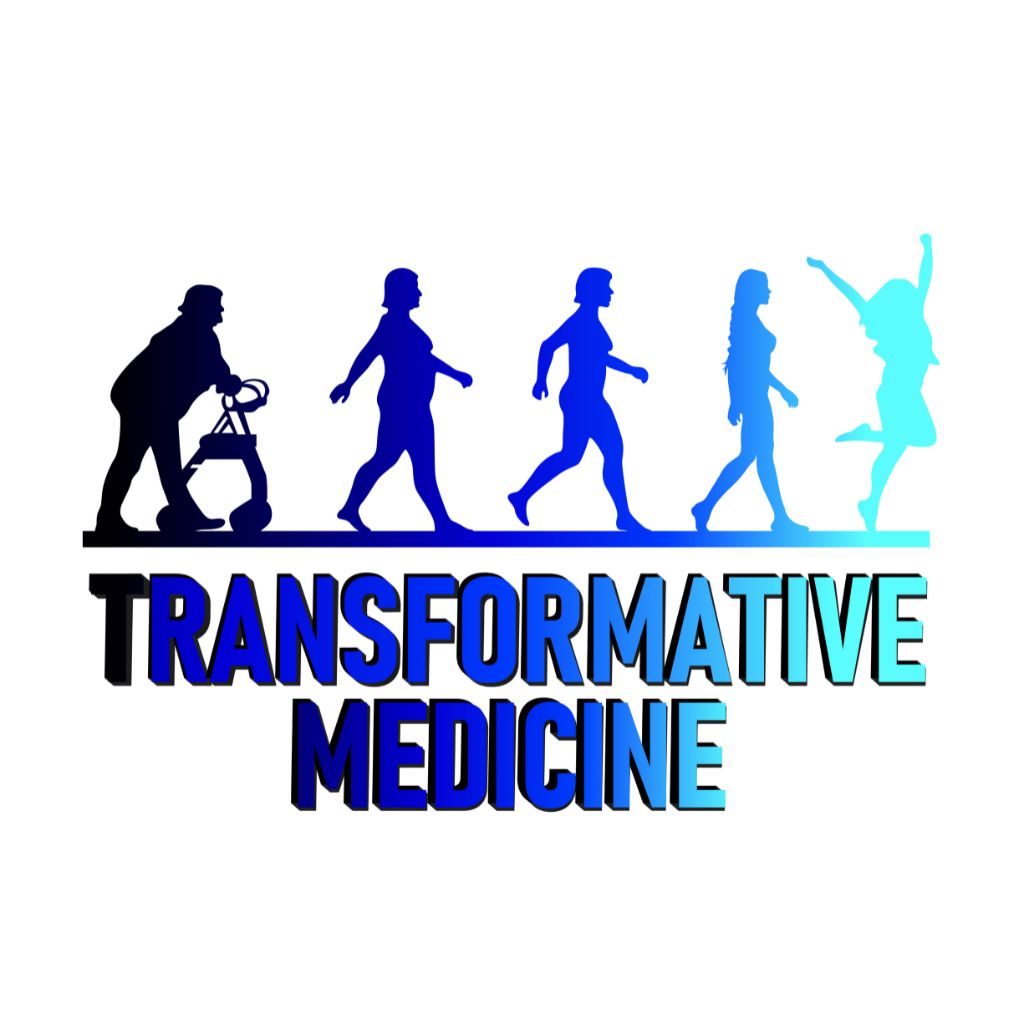
Achieve Optimal Brain Function
Transformative Neurofeedback Therapy
Experience the power of neurofeedback with our advanced 24-lead EEG system, designed to enhance brain function and promote mental well-being.
Real-Time Feedback
Our system provides instant visual and auditory feedback to help you achieve better brain balance.
Targeted Training
Focused and targeted training specifically desgined for you which dynamically adjustd in real-time which helps balance brain activity and enhances overall function.
How It Works
Understanding Neurofeedback
Neurofeedback using a 24-channel EEG involves monitoring brain activity and providing real-time feedback to the user. This process helps to increase function in targeted areas of the brain while decreasing overactivity in others, leading to improved mental balance and function.
Consistent repeated neurofeedback training has been shown to induce changes in white and gray matter in the brain (1), and has been shown to reduce dysfunction and improve behavior in ADHD (2-4), depression (5,6), autism (7), hand paralysis after a stroke (8), addictive behaviors (9) PTSD (10), and emotional regulation (11). Neurofeedback has also been shown to improve memory and cognitive abilities (12-13), sports performance (14), and sleep (15).
- References:
- Ghaziri, Jimmy, et al. “Neurofeedback training induces changes in white and gray matter.” Clinical EEG and Neuroscience 44.4 (2013): 265-272.
- Gevensleben, Holger, et al. “Distinct EEG effects related to neurofeedback training in children with ADHD: a randomized controlled trial.” International journal of psychophysiology 74.2 (2009): 149-157.
- Gevensleben, Holger, et al. “Neurofeedback training in children with ADHD: 6-month follow-up of a randomised controlled trial.” European child & adolescent psychiatry 19.9 (2010): 715-724.
- Steiner, Naomi J., et al. “In-school neurofeedback training for ADHD: sustained improvements from a randomized control trial.” Pediatrics 133.3 (2014): 483-492.
- Saxby, Ellen, and Eugene G. Peniston. “Alpha‐theta brainwave neurofeedback training: An effective treatment for male and female alcoholics with depressive symptoms.” Journal of clinical psychology 51.5 (1995): 685-693.
- Young, Kymberly D., et al. “Real-time FMRI neurofeedback training of amygdala activity in patients with major depressive disorder.” PloS one 9.2 (2014): e88785.
- Pineda, J. A., et al. “Positive behavioral and electrophysiological changes following neurofeedback training in children with autism.” Research in Autism Spectrum Disorders 2.3 (2008): 557-581.
- Shindo, Keiichiro, et al. “Effects of neurofeedback training with an electroencephalogram-based brain–computer interface for hand paralysis in patients with chronic stroke: a preliminary case series study.” Journal of rehabilitation medicine 43.10 (2011): 951-957.
- Dehghani-Arani, Fateme, Reza Rostami, and Hosein Nadali. “Neurofeedback training for opiate addiction: improvement of mental health and craving.” Applied psychophysiology and biofeedback 38.2 (2013): 133-141.
- Zotev, Vadim, et al. “Real-time fMRI neurofeedback training of the amygdala activity with simultaneous EEG in veterans with combat-related PTSD.” NeuroImage: Clinical 19 (2018): 106-121.
- Zotev, Vadim, et al. “Prefrontal control of the amygdala during real-time fMRI neurofeedback training of emotion regulation.” PloS one 8.11 (2013): e79184.
- Escolano, Carlos, Monica Aguilar, and Javier Minguez. “EEG-based upper alpha neurofeedback training improves working memory performance.” 2011 Annual International Conference of the IEEE Engineering in Medicine and Biology Society. IEEE, 2011.
- Nan, Wenya, et al. “Individual alpha neurofeedback training effect on short term memory.” International journal of psychophysiology 86.1 (2012): 83-87.
- Ring, Christopher, et al. “Investigating the efficacy of neurofeedback training for expediting expertise and excellence in sport.” Psychology of sport and exercise 16 (2015): 118-127.
- Basiri, Nooshin, et al. “Comparison of the effectiveness of cognitive behavioral therapy and neurofeedback: reducing insomnia symptoms.” Global J Health Sci 9.7 (2017).
Take the First Step Towards a Better You
Ready to experience the benefits of neurofeedback training? Contact us today to learn more, schedule a consultation, or sign up for a session. Transformative Medicine is here to help you achieve greater balance and improved function. Don’t wait—take action now!
